Heat, Gas, and Electricity
Heating Systems
Most experts advise against turning the heat completely off – for two reasons. First, the winter air brings condensation that can cause mildew and dry-rot. Second, the freeze and thaw will add undue stress to your home and has been known to crack foundations. Install a thermostat that can be set to 40 degrees and make sure you’ve sealed all potential air leaks throughout the home.
Natural Gas and Propane
Even though you need gas for the heat, you can turn off the gas to appliances and save a few bucks throughout the season. When dealing with something as important as gas, it’s always best to contact the gas company or a local professional to assist you.
Electricity
Switch off any circuit breakers that won’t be needed for heating your home or exterior lighting. Walk through the house and unplug as many electrical items as possible, including microwaves, clocks, and TV’s. They may use very little power but over time the cost can add up.
A Few More Suggestions
Leave the Interior Doors Open – This helps circulate air and prevents stale odors.
Wrap the Toilet Bowl – If you’ve drained your water pipes sewer gas can creep in through the toilet. Seal the toilet bowl with plastic wrap to keep toxic sewer fumes out of your home.
Install a Chimney Cap – And close the flue. This prevents birds from nesting inside the chimney and getting into the home.
Clear the Roof and Clean the Gutters – This will help protect your roof and keep ice dams from forming.
Secure Your Boat Dock – If you live on the water, remove the ramp that goes from the shoreline to the dock and secure the dock in deeper water so it won’t be damaged by winter winds, ice, and waves. Several local marinas offer winter dock services.
Light it Up – Consider adding motion sensor lights at the front and rear of your home. If you’re shutting down the electricity, remember to leave the power on to the outdoor lights.
Call the Cops – Notify the police and fire departments when you’ll be out of town.
Spend the time to go through this check list and buy yourself some peace of mind during the winter months. Of course, the easiest solution is to move into your Big Bear home permanently and go skiing every day.
More Home Winterization Tips;
- Blending Carbon Reductions and Energy Efficient Housing | CEP … – Hello from the glorious state of Maine in the summer! I am currently interning at Maine State Housing Authority (MaineHousing) and serving as the Carbon Quantification Project Manager. MaineHousing is an independent state agency that bridges public and private housing finance, combining them to benefit Maine’s low and moderate-income people. org) MaineHousing brings millions of new private and federal housing funds to invest in Maine to create safe, affordable, warm housing.
- Home Winterization: Preparing a Home For Winter | Home Project … – Winterization is the process of preparing a home for a winter storm, heavy snow and the harsh conditions of winter. Home winterization is usually performed in the fall before a winter storm brings snow and excessive cold. Home winterization protects against damage due to bursting water pipes, and from heat loss due to openings in the building envelope.
- Insulation R-Value- Increased Energy Efficiency | Home Project … – As energy efficiency and energy conservation has become an increasing concern among builders and homeowners, the attributes and performance of building materials and components are being scrutinized more closely. In order to maximize levels of efficiency by examining the details of how each individual component of a house performs on its own and as part of a dynamic system, very specific properties are measured and taken into account. This can be especially helpful when trying to select the best building materials for a given application.

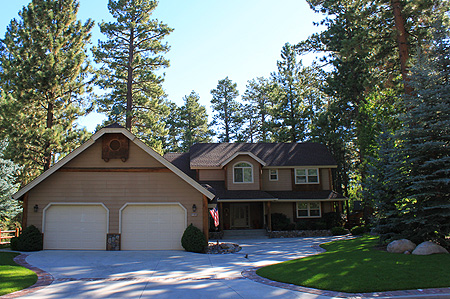
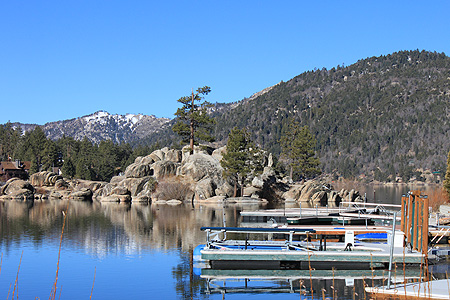

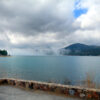
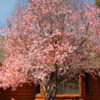
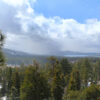


Speak Your Mind